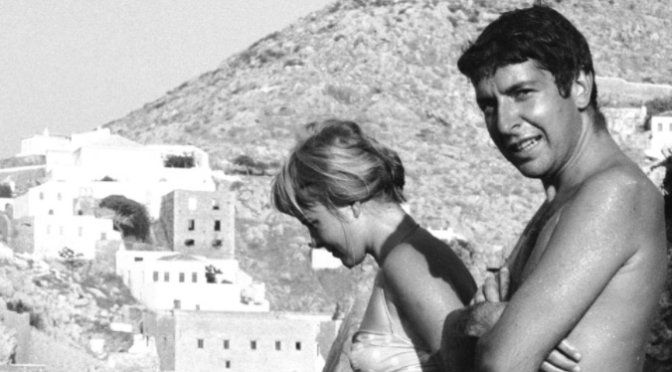Just when you thought that maybe–just maybe–2016 would leave some icons left standing, it decides to go and check Leonard Cohen’s ticket, too. That puts him firmly placed among the insane death toll of musicians this year, that included, most notably Prince and David Bowie. Then, of course, there was non-musician Gene Wilder. It’s as though no one wants to stick around to see the effects that 2016 have been building toward to be felt in 2017.
And so, perhaps not so coincidentally, Cohen, another modern poet in addition to, according to the Nobel Committee, Bob Dylan, died on November 7, the day before the election. A wise man indeed to evade knowing what the future could hold under a Trump-run United States.
Possibly to spare his liberal-minded fans from an even deeper depression, his death was not announced to the public until November 10. And now that we all have time to reflect on Cohen’s legacy, it’s plain to see (or hear) that perhaps one of the best things about the Canadian and Jewish treasure’s songwriting was how deeply felt it was by the man himself, especially with regard to those tracks inspired by certain women (think: “So Long, Marianne”). He even had the courage to admit when he was being callow, as when he refused to marry Suzanne Elrod, a Los Angeles-based artist with whom he had two children, Adam and Lorca. Yes, to be sure, he poured everything he lived into his songs–and it was quite a life indeed, beginning with his move to Greece in 1960. And it was in this form of creating that he stood apart from many of his contemporaries–creating in a more fearless way than most American songwriters were willing to do.
Cohen, too, pulled a David Bowie à la Blackstar by releasing his final album, You Want It Darker, weeks before his death. Both albums are rife with, obviously, some dark imagery and showcase each legend’s unwavering talent up to the very end. And, sadly, the title is all too telling of the world to come after the U.S.’ election results. But at least Canada still has Trudeau for a while.






















